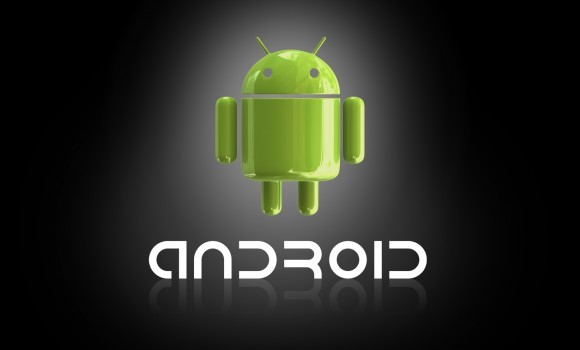Google is committed to creating a more inclusive digital environment by continually enhancing the accessibility features of its Android and Chrome platforms. The tech giant consistently integrates advancements in Artificial Intelligence (AI) to improve the user experience for individuals with disabilities, focusing on vision, hearing, and cognitive support. These updates reflect Google's ongoing efforts to ensure that technology empowers everyone, regardless of their abilities.
One significant area of improvement is in visual accessibility. For Android users who are blind or have low vision, Google has expanded the capabilities of TalkBack, Android's built-in screen reader. By integrating Gemini, Google's AI model, TalkBack can now provide AI-generated descriptions of images, even when alternative text is absent. This feature goes a step further, allowing users to ask follow-up questions about the images to gain a deeper understanding of their content. For instance, a user might ask about the make and color of a guitar in a photo or inquire about available discounts on a shopping app. Furthermore, TalkBack can now describe the content of the entire screen, providing comprehensive support for navigating various applications. Beyond TalkBack, Android provides features such as Braille Display support and Lookout which uses AI to provide instant insights about the surroundings.
Google is also dedicated to improving auditory accessibility. The introduction of Expressive Captions on Android marks a significant step forward for users with hearing impairments. This feature provides real-time captions for any audio playing on a phone, utilizing AI to capture not only what is being said but also how it is being said. Expressive Captions can recognize and transcribe elongated sounds like "amaaazing" or "nooooo," conveying the speaker's emphasis and emotion. The feature also includes additional sound labels to identify actions such as whistling or throat-clearing. This nuanced approach to captioning provides a richer and more complete understanding of conversations and audio content. Expressive Captions is currently available in English in the US, UK, Canada, and Australia on devices running Android 15 and above. Furthermore, Android provides features such as RTT (Real-time text) and Sound Amplifier to enhance the audio experience for people with hearing impairments.
Chrome is also receiving accessibility enhancements. The Chrome browser now incorporates Optical Character Recognition (OCR) to automatically recognize text in scanned PDFs. This allows users to highlight, copy, search, and use screen readers to interact with these documents. For Chrome on Android, the Page Zoom feature now allows users to increase the size of text on webpages without disrupting the layout, offering a more comfortable and customizable reading experience. Chromebook users also benefit from improved accessibility, especially those taking College Board exams. The Bluebook testing app now supports built-in accessibility features like the ChromeVox screen reader and dictation.
Google is also working to improve speech recognition for people with non-standard speech through Project Euphonia. The company provides open-source repositories for developers to train their own models for diverse speech patterns. Google is also extending support to projects in Africa, aiming to improve speech recognition for non-English speakers in 10 African languages.
These accessibility updates align with the principles of inclusive design, which aims to create products and environments that are usable by people with the widest possible range of abilities. By prioritizing accessibility, Google not only expands its market reach but also enhances user satisfaction, fosters innovation, and strengthens its brand reputation. Inclusive design ensures that everyone can access and benefit from technology, promoting equality and empowering underrepresented communities.
Google's ongoing commitment to accessibility is evident in its continuous development and integration of new features. These enhancements to Android and Chrome demonstrate a proactive approach to creating a more inclusive digital world, where technology serves as a bridge rather than a barrier.

















